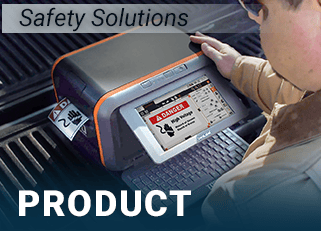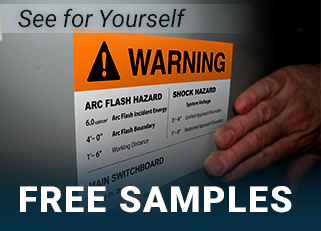Can You Dig It? Promote Safe, Responsible Excavation During National Digging Safety Month
14
June,
2023
1 MINUTE READ

Workers face unique hazards on any jobsite that includes digging or trenching:
- 39 workers died in 2022 from trench cave-ins.
- 354 people suffered injuries due to an underground cable in the last five years.
- Cable strikes have increased 46% since 2020.
- 31% of worksites fail to check for underground electricity cables when digging.
Mistakes Are Costly
OSHA fined a Florida excavation company $108,500 for improperly protecting their workers during a dig. OSHA cited the following violations:
- Workers exposed to electrical hazards from frayed electrical cords.
- Employers neglected to ensure workers wore protective helmets in the excavation.
- Workers were not provided a safe means to enter and exit the excavation.
OSHA Area Director Brian Sturtecky said, "Productivity and scheduling cannot ever take priority over worker safety." Simple safety measures can be the difference in saving lives. OSHA requires that all trenches and excavation sites 5-feet or deeper be protected against a collapse.
Dig Into Trench Safety
The DOT's Pipeline and Hazardous Materials Safety Administration (PHMSA) recognizes April as National Safe Digging Month. Safe Digging Month gives managers an opportunity to pause and ensure they are operating safely.
Follow these 5 steps to improve digging and trenching safety:
- Remove heavy equipment from trench edges
- Identify sources that affect trench stability
- Keep excavated materials at least 2ft away from trench edges
- Know where underground utilities are located
- Ensure personnel wear high visibility PPE when around automotive traffic
Always call 811 before starting any digging project. 811 is the national call-before-you-dig number to locate buried electrical and gas lines. This call sends professionals to the worksite to place markers that identify the location of buried hazards.
Keep Safe in Tight Spaces
Confined spaces present unique hazards that include cave-ins and toxic air. Some confined spaces require permits if the space:
- Contains or has the potential to contain a hazardous atmosphere
- Contains a material that can engulf someone who enters the space
- Has an internal configuration that could cause an entrant to be trapped or asphyxiated
- Contains any other recognized serious safety or health hazards.
Confined space safety starts with visual communication and continues with safe practices. Be mindful of your surroundings when digging trenches and working in confined areas. Follow OSHA guidelines. To ensure all buried hazards are accounted for, call 811 before you start a project. Proper preparation protects workers and keeps projects on schedule.
RELATED RESOURCES

NIOSH Digs Into Electrical Safety in Mining
To help solve mining work safety and health challenges, NIOSH continually researches best practices through ...
Read
Safety Signs for Futuristic Times
As robotic workers join the warehouse industry, it is important to have safety signs and other communication ...
Read
Spark Change with Electrical Safety Awareness Month
A Spotlight on Safety: National Electrical Safety Month Every year as we transition through the seasons, we ...
Read.png)


